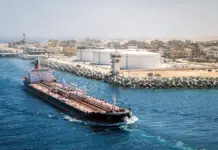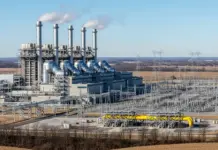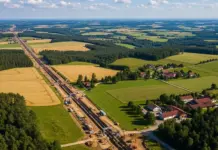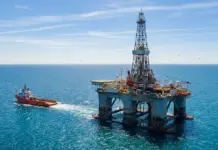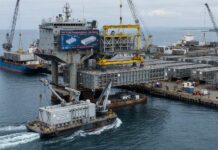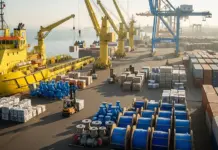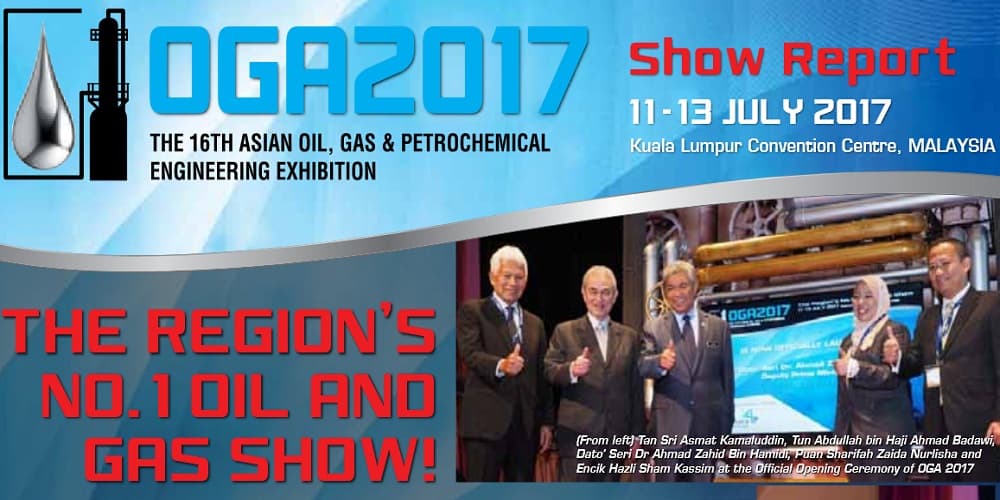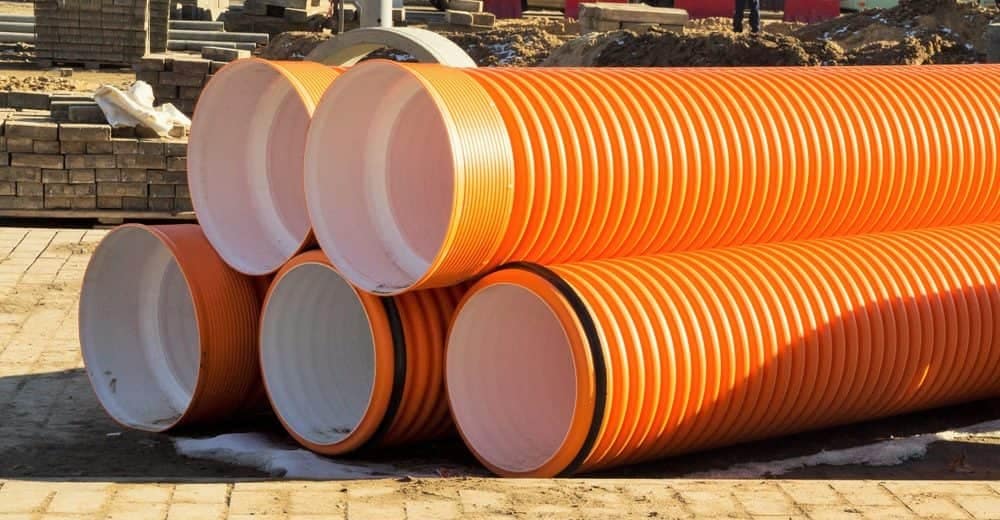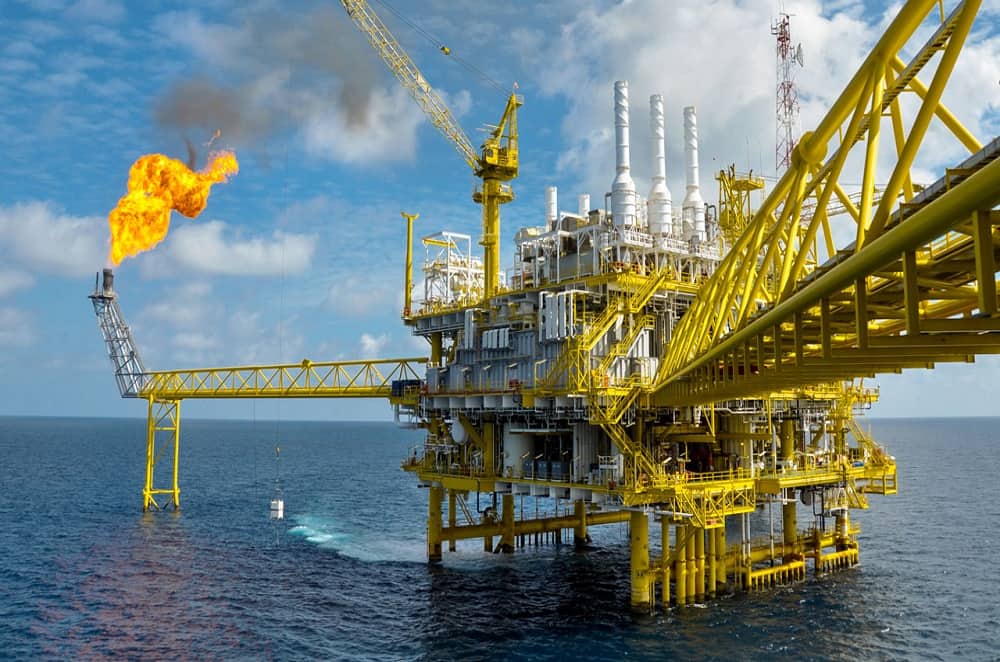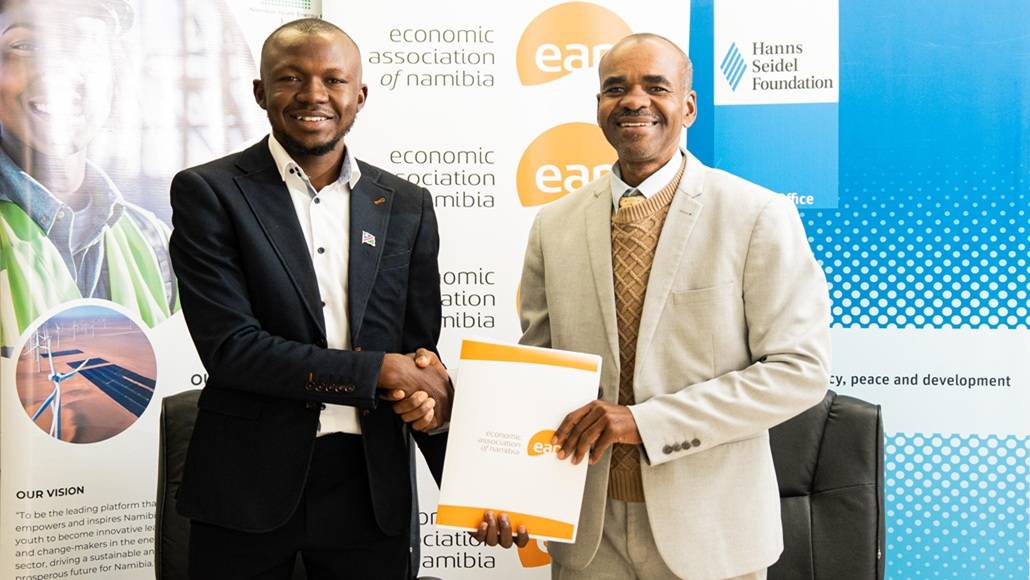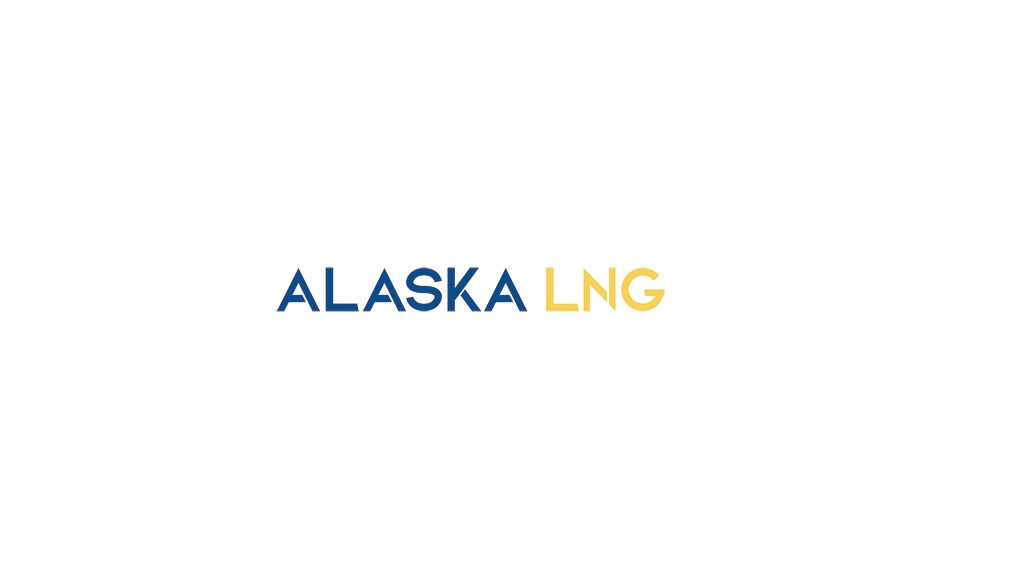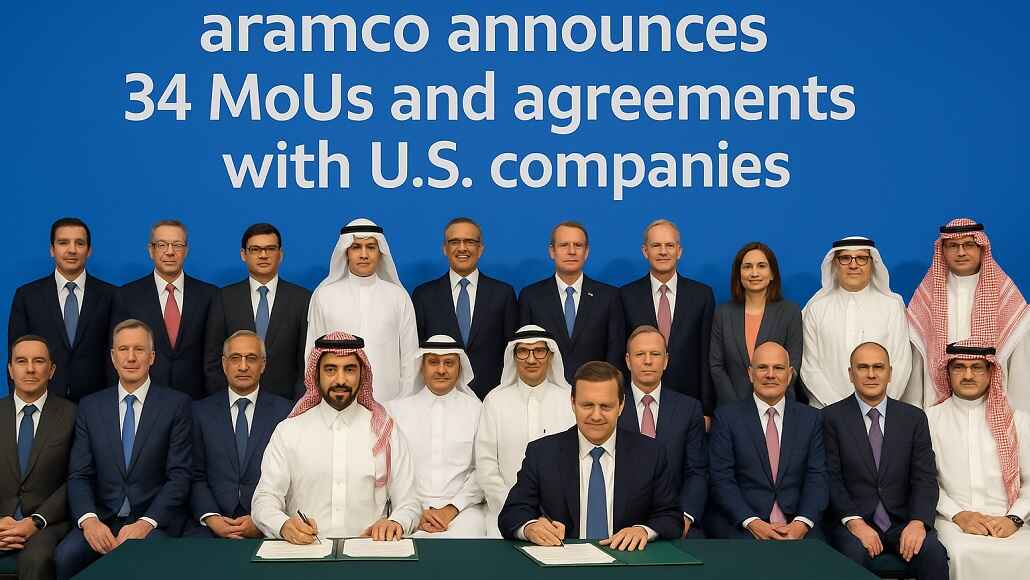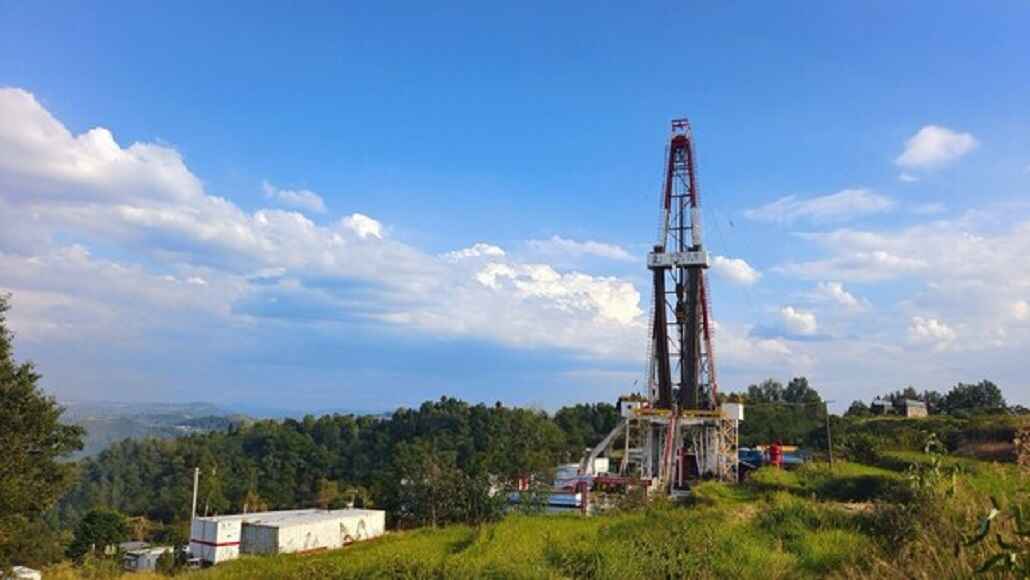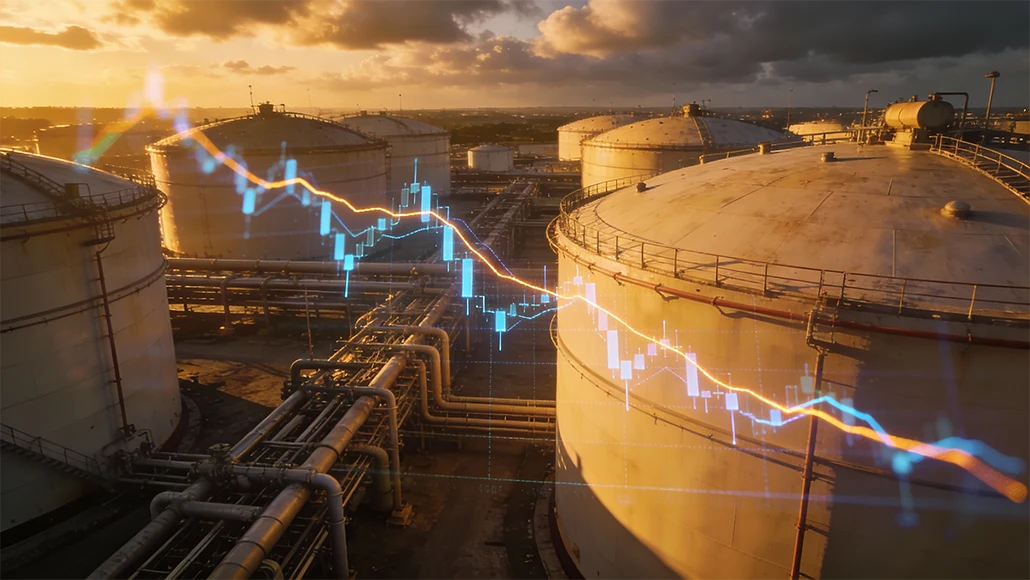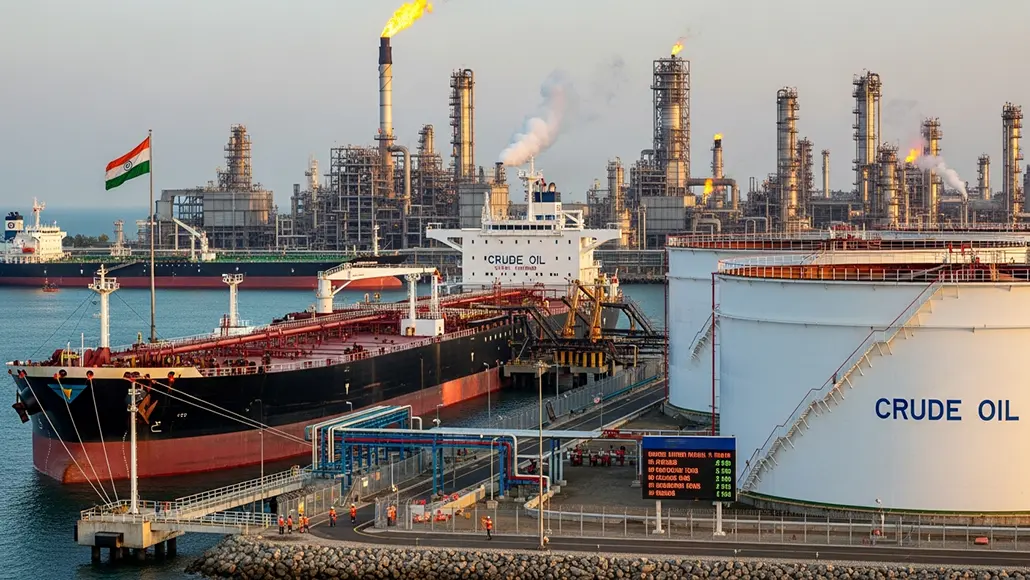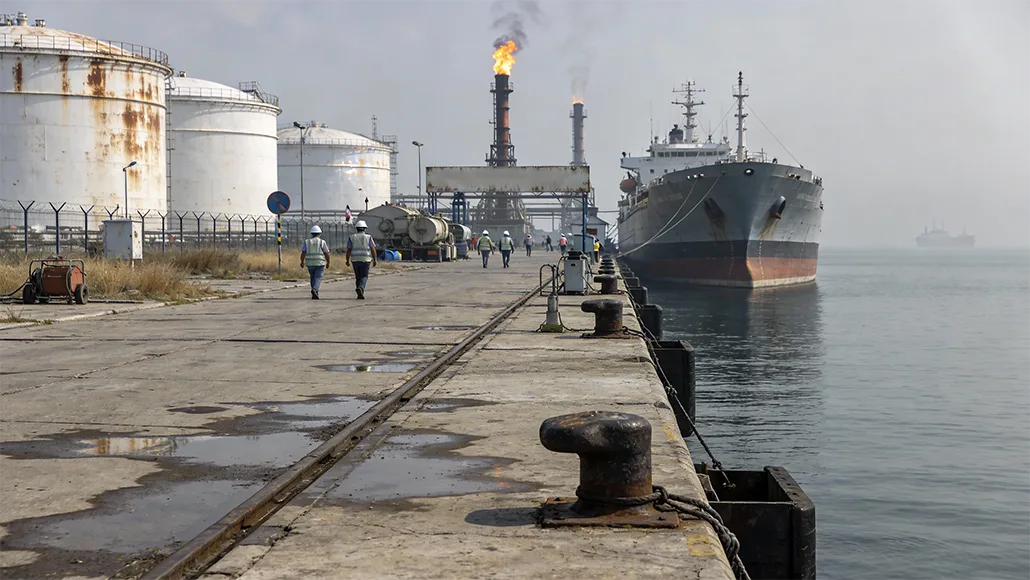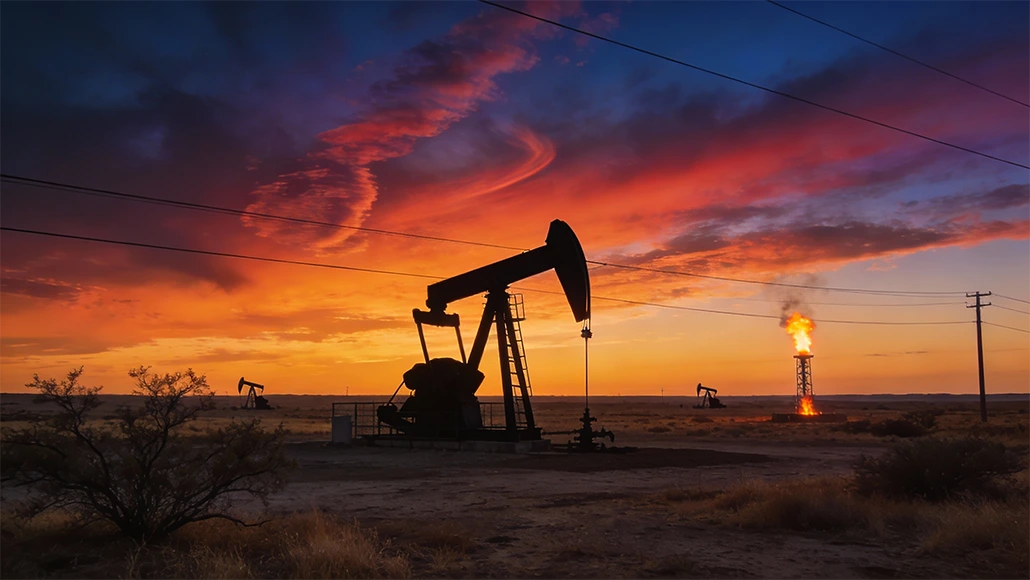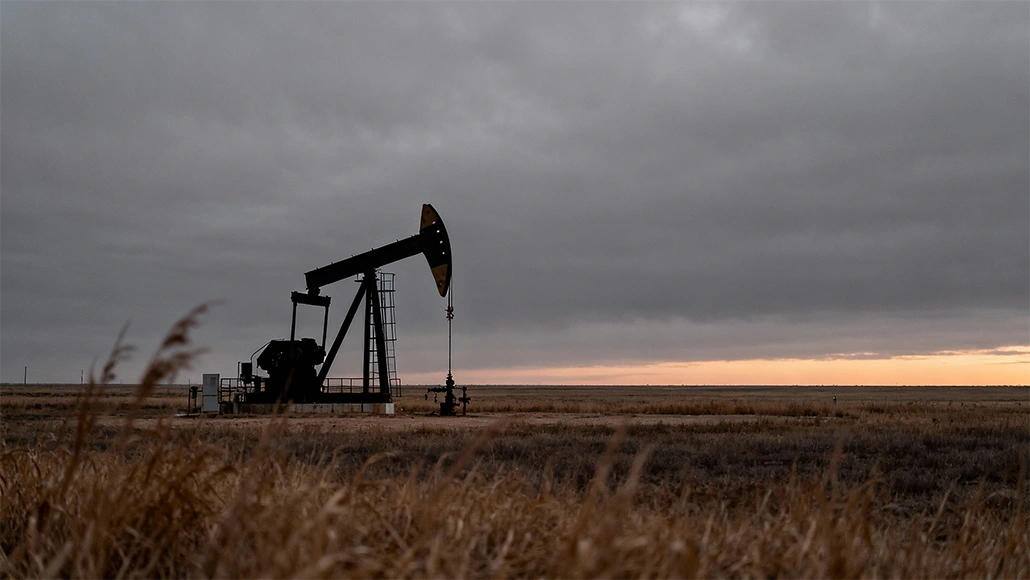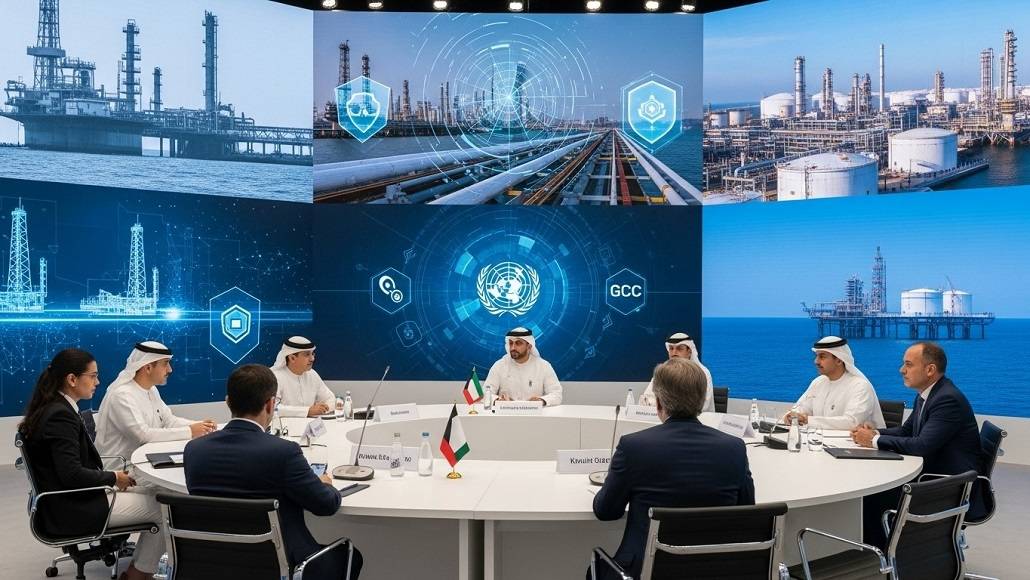Nasser Al-Buhairi, the Director of the Health, Safety, and Environment Department at Kuwait Oil Company (KOC), stressed the need to improve security readiness across the oil and gas sector in order to protect the stability and sustainability of this important business.
Al-Buhairi told reporters on the sidelines of a high-level Gulf Cooperation Council (GCC) workshop on protecting oil and gas infrastructure and managing crises that the region’s energy sector must be ready to deal with both current and future threats.
The Kuwait Oil Company, the GCC Emergency Management Centre, and the United Nations Office of Counter-Terrorism (UNOCT) are all working together to put on this three-day course at the Ahmad Al-Jaber Oil and Gas Exhibition Centre in Ahmadi. Al-Buhairi said that Gulf oil firms are trying to improve their operational preparedness and build up their technological and human resources so they can deal with a wide range of risks.
He added that the main goals of the event are to protect oil infrastructure and encourage GCC member nations to be ready as a group. “Through the exchange of expertise and evaluation of plans, we aim to elevate the region’s response capabilities,” he stated.
He went on to say that the project shows how important the oil and gas sector is to the area and how the problems it encounters are changing in today’s geopolitical context. He said that the workshop is supposed to come up with important suggestions that will help build scientific and operational competence while also making the global energy market more stable by making sure that energy supplies are safe.
Al-Buhairi also underscored the strategic importance of the GCC Emergency Management Center, describing it as a pillar of the regional security framework. “The center plays a crucial role in harmonizing efforts and transferring expertise in the face of potential threats,” he said. He reaffirmed Kuwait’s commitment to enhancing energy sector resilience, noting that KOC benefits from a highly skilled national workforce. “The advancement of this sector is driven by identifying development needs, implementing robust plans and sharing knowledge with qualified national cadres,” he said.
The program, which started on Tuesday, brought together professionals from across the world and the region to improve crisis management skills and protect energy infrastructure. In a taped speech, GCC Secretary-General Jasem Al-Budaiwi said that the Gulf area is very important for making sure that the world’s energy supply is safe. He called the region’s energy supplies the foundation of the world economy.
Al-Budaiwi added that the GCC nations are confronting three main problems: keeping up with the global energy transition, satisfying rising local demand, and keeping international energy markets stable. He said that securing energy assets is very important for the health of the global economy. He also spoke about a security strategy that includes collaborations between countries in the area and throughout the world, maritime security, and a steady supply of energy.
He said that non-state actors utilising drones, ballistic missiles, and other technologies to attack important energy infrastructure security are becoming more of a concern. He called for more collaboration to stop these threats and make sure that international arms control treaties are followed. Al-Budaiwi pointed out that the Middle East is important for geopolitics and that instability there might affect important shipping routes including the Strait of Hormuz, Bab Al-Mandab, and the Suez Canal, which would disrupt global commerce and energy flows.
Vladimir Voronkov, the UN’s Under-Secretary-General for Counter-Terrorism, said in a different recorded message that energy infrastructure security is becoming more and more important. He warned that a single terrorist assault may cause significant problems in healthcare, transportation, and food supply networks. He mentioned UN Security Council Resolution 2341, which makes it a crime to attack important infrastructure, and the UN Technical Guide for Protecting Critical Energy Infrastructure, which was produced with help from Russia and Turkmenistan.
Ghada Al-Taher, the UN Resident Coordinator in Kuwait, said that the workshop was a great way to exchange best practices and improve operational frameworks. She praised Gulf nations for being leaders in energy security, but she also called for more collaboration to deal with the mounting threats to energy networks that put people’s, the environment’s, and the economy’s safety at risk. Dr. Rashid Al-Marri, the chairman of the GCC Emergency Management Centre, spoke about how the centre helps with regional coordination and readiness. He said that they have made a whole emergency plan that covers 13 types of risk. He stressed how important it is to work together with other countries, notably the UNOCT, to improve training and capacity development.
Musaed Al-Rasheed, KOC’s Deputy CEO for Commercial and Shared Services, spoke on how the oil business is facing more and more dangers. He said that geopolitical tensions, cybercrime, and market instability are some of the biggest ones. He underlined how important the Gulf is to the world’s energy supply, saying that in 2023, GCC nations produced 17 million barrels of crude oil per day, which is more than 23% of the world’s total production. They also have over 511 billion barrels in reserves, which is about one-third of the world’s total. In the end, Al-Rasheed said again that the region is committed to protecting its energy infrastructure and making sure there are stable energy supplies via strong readiness and strategic regional collaboration.


